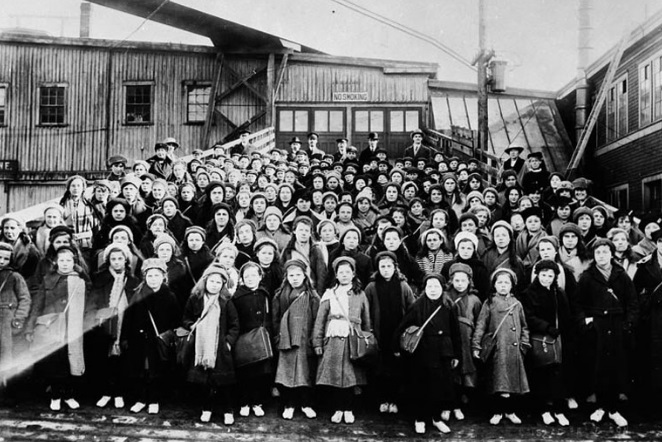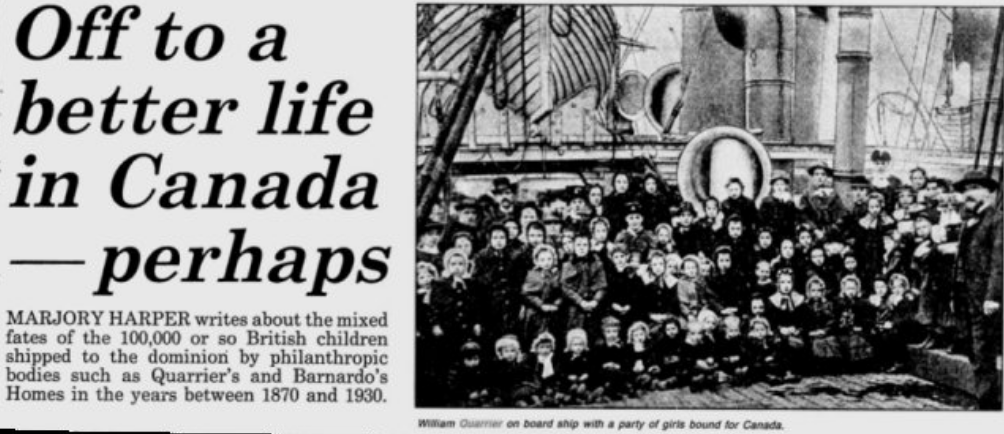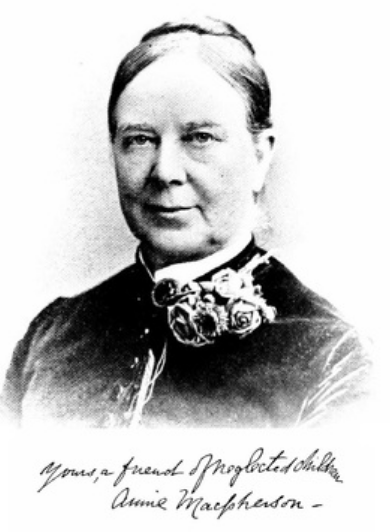My American Story: David Kemp
by David Kemp
Orphaned at a young age, a better life nevertheless awaited my father, Alfred Archibald Kemp, in the New World. Separated from his family and culture of Great Britain, he would likely not realize that until later in life, but he met the loss and depredations of the early 20th century with hope and hard work.
My father was born February 19, 1908, in Nottingham, England, to Stanley and Lena (Davis) Kemp. Stanley was one of eight children (one of whom died in infancy) of Thomas Alfred (born 1847) and Emma Kemp. My grandfather Stanley Kemp served in the Great War and was felled by German poison gas in combat. He died of his injuries on October 19, 1918. His wife soon followed him in death in the great Spanish flu pandemic.
At the age of 15 my father was sent to Canada through the British Home Children program. Home Children was the child migration scheme founded by Annie MacPherson in 1869, under which more than 100,000 orphaned or abandoned children were sent from the United Kingdom to Australia, Canada, New Zealand, and South Africa. While many of these children were exploited and abused, he landed with a kindly farm family in Picton, Ontario, near the shores of Lake Ontario. He adjusted well to the hard farm work of the era and was especially adept with the draft horses.
A few years later (I do not have a record of the year), he crossed the great St. Lawrence in a small boat under cover of darkness illegally entering the U.S. to seek work. He made his way to Rochester, New York, where he found employment in the printing trades. He married, had a son, and was divorced. Through friends, he met my mother, Lillian, a graduate of Cornell University and a school teacher, who by the standards of those days, was moving into spinsterhood. They married June 5, 1937, and he was naturalized in 1940.
Though only high-school educated, the U.S. gave my father and his family a middle class life, something he probably would not have achieved as an orphan in England. He kept in touch with relatives in England and returned there in 1953 for the coronation of Queen Elizabeth II.
David’s father married his mother in 1937. She came from a large family, and this gave his father the family that he had lost when he left England for Canada as an orphan.
David’s father was naturalized in 1940.
ABOUT THE AUTHOR
David Kemp has served as President of CurePSP, the foundation for prime of life neurodegeneration, since January of 2015. Previously, he owned his own brand strategy and design firm, Jager Di Paola Kemp Design, for 25 years with more than 100 employees, three offices and clients including Burton Snowboards, Nike, Virgin, Microsoft Xbox, Black Diamond, Levi’s, Merrell and others. Earlier, his corporate design firm, Harmon Kemp, Inc., based in New York City, worked for leading brands in the financial, manufacturing and transportation sectors. Dave started his career in journalism as a community newspaper and trade-magazine editor, reporter and columnist for The Boston Globe and Manager of Public Relations for Dow Jones & Co. He is a graduate of Dartmouth College and received his MBA from Dartmouth’s Tuck School of Business. He has been a longtime member and friend of The Common Good.







